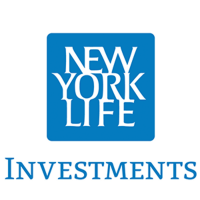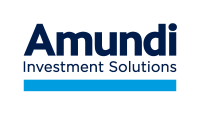The Savvy Investor Private Equity (PE) and Venture Capital (VC) section provides institutional investors and asset allocators with comprehensive analysis on the changes and trends shaping this branch of alternative investment.
Private equity is the act of taking majority or outright ownership of a publicly listed or private company into private hands via the purchase of its shares. By purchasing a business and providing it with additional investment capital, the private equity investment firm can conduct changes, such as improving profitability, to enhance the acquired firm’s resale value...
.
The improved firm can then be sold to a new buyer either privately or via a stock market flotation. The minimum turnaround time from purchase to resale (holding period) for a private equity firm’s investment is normally 3 to 5 years.
Venture capital works similarly to private equity with small differences. Venture capitalists will take ownership in a company, usually via a minority stake, to provide the firm with the capital it needs to grow. Venture capital investment is designed for small, fledgling firms with short track records. Due to the higher risk of outright loss, venture capitalists will usually invest alongside the firm’s management team together with other venture capital investors. The minimum holding period before resale for venture capitalists is usually 5 years.
As alternative investment vehicles, private equity and venture capital are used predominantly by institutional investors and can be accessed via two broad approaches. One approach, known as co-investment, is where a private equity or venture capital firm teams up with a pension fund to acquire a company. In this instance, the private equity firm acts as general partner responsible for managing the day-to-day relationship with the acquired entity. The pension fund then acts as limited partner. Private equity or venture capital investments can be also accessed via a collective fund structure e.g., Exchange-Traded Funds (ETFs) or investment trusts. For greater diversification, investors may also adopt a fund of funds approach.
Due to the high acquisition and running costs of a private equity fund, management fees on private equity and venture capital investments tend to be higher than ordinary equity or bond funds. It is expected that the current fee model will change over time as the market becomes more competitive and investors direct capital to the larger and more established private equity and venture capital managers.
Like hedge funds, liquidity issues can pervade private equity and venture capital. Daily dealing and daily liquidity are available to smaller investors via ETFs and investment trusts, however larger institutions are commonly subject to long holding periods and minimum investment terms. For institutional investors, the liquidity and long payback disadvantages of private equity or venture capital are mitigated by their investments exhibiting low price volatility (being priced quarterly) and having a low correlation co-efficient compared to conventional exchange traded assets.
In the wake of the Global Financial Crisis (GFC) 2008 and resultant interest rate suppression by central banks, pension funds have been increasingly attracted to private equity and venture capital as the return on their traditional bond portfolios has fallen. As new capital floods the industry globally, valuation metrics also expand.
As well as providing white papers on the capital raising, performance, liquidity and valuations of private equity and venture capital, we will also cover the regulatory aspects of the industry for private equity professionals and institutional investors alike. This is particularly relevant given the softening of the Volcker rule restrictions in relation to regional US banks and their provision of capital to private equity vehicles.
Savvy Investor members can also read the latest private equity news and explore the latest performance data and global statistics in private equity and venture capital investment. Also included in this section are private equity salary surveys, investing in the growth area of emerging market private equity, as well as incorporating ESG considerations into a private equity investment framework.













